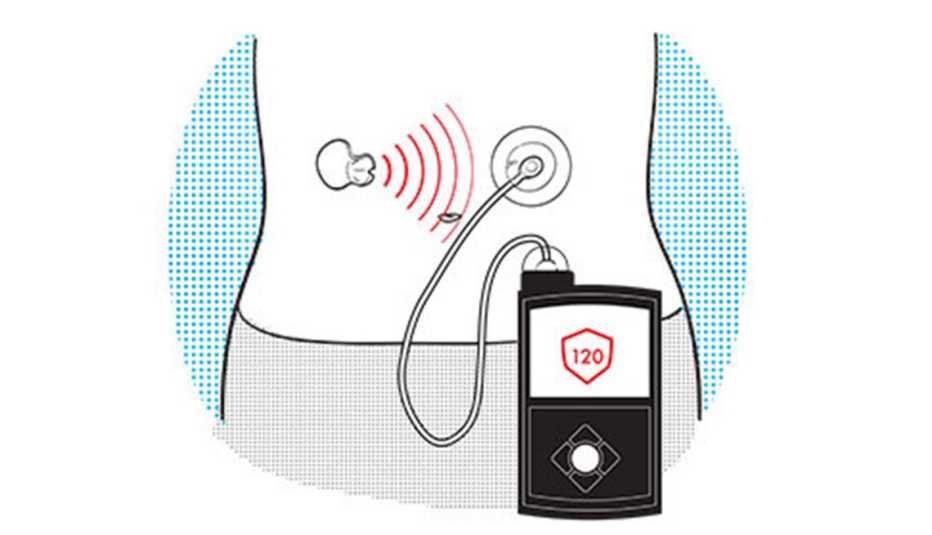Staying Fit


Pioneering drugs that remedy once-intractable diseases; clever products that make everyday living easier for people with injury or illness; innovative technologies that provide relief at a touch of a button — by all measures, 2017 has been a year of astounding health care advancements. Here are some of the ways medical trailblazers and researchers are creating fresh possibilities for you and your family.




AARP Membership— $12 for your first year when you sign up for Automatic Renewal
Get instant access to members-only products and hundreds of discounts, a free second membership, and a subscription to AARP the Magazine.
Body Computer Manages Insulin Automatically
Joanne Conte has long suffered the same challenges as the other 1.25 million Americans with type 1 diabetes. In the past she has monitored her glucose levels by pricking her finger to draw blood or checking a dipstick to test her urine. She has used tools from syringes to pumps to give her body insulin. “I consider myself a historian when it comes to diabetes treatments,” the 51-year-old Meriden, Conn., woman says.
Then Conte became an early tester of the Medtronic MiniMed hybrid closed-loop system, a sort of artificial pancreas that got approval from the Food and Drug Administration in 2016. Worn externally, it communicates with a sensor on the abdomen, administering basal insulin via a pump. Her son, Jacob, also uses the device. “It’s not a set-it-and-forget-it device,” says Stuart Alan Weinzimer, Conte’s doctor at Yale New Haven Hospital. “But the overall quality of life improvement is still tremendous.” Notes Conte: “I can spend long days on my feet without constantly worrying.” —Lexi Pandell
A Drug For Two Ailments
A new medication can help diabetes patients who also suffer from cardiovascular disease. Empagliflozin cuts the risk of dying from heart attack, stroke or heart failure by 38 percent for people with both cardiovascular disease and type 2 diabetes. This past December the FDA approved the drug — marketed as Jardiance by Boehringer Ingelheim, which manufactures it along with Eli Lilly. —Mindy Fetterman


A Tiny Glucose Monitor
Although it doesn’t administer insulin like the MiniMed, a miniature device allows patients to monitor glucose levels without the pain of finger pricks. Currently in its fifth generation, the Dexcom G5 continuous glucose monitor takes a reading every five minutes via a flexible Bluetooth-enabled sensor, the diameter of two human hairs, embedded in the skin. The device can connect to a smartphone app for readings. —Denny Watkins
Medicare recipients will be eligible for the Diabetes Prevention Program, a lifestyle program that research has shown can reduce the progression of diabetes by about 58 percent.
William T. Cefalu, M.D.
Exciting Developments Ahead
William T. Cefalu, M.D., chief scientific, medical and mission officer at the American Diabetes Association, tells AARP that starting in 2018, Medicare recipients will be eligible for the Diabetes Prevention Program, a lifestyle program that research has shown can reduce the progression of diabetes by about 58 percent.
"Research suggests that maybe the pancreatic beta cells are not failing (in type 2 diabetes) but are dysfunctional, and there may be a way to have them start functioning again," Cefalu said. —Selene Yeager

































































More From AARP
Medical Breakthroughs: Stay Mobile
Addressing arthritis, muscle weakness, nerve damage and more through technologyMedical Breakthroughs: Keep Your Brain Healthy
New technologies offer hope for sufferers of MS, memory loss, ALS and moreMedical Breakthroughs: Cancer
Pioneering drugs, products and technologies provide an array of fresh possibilities